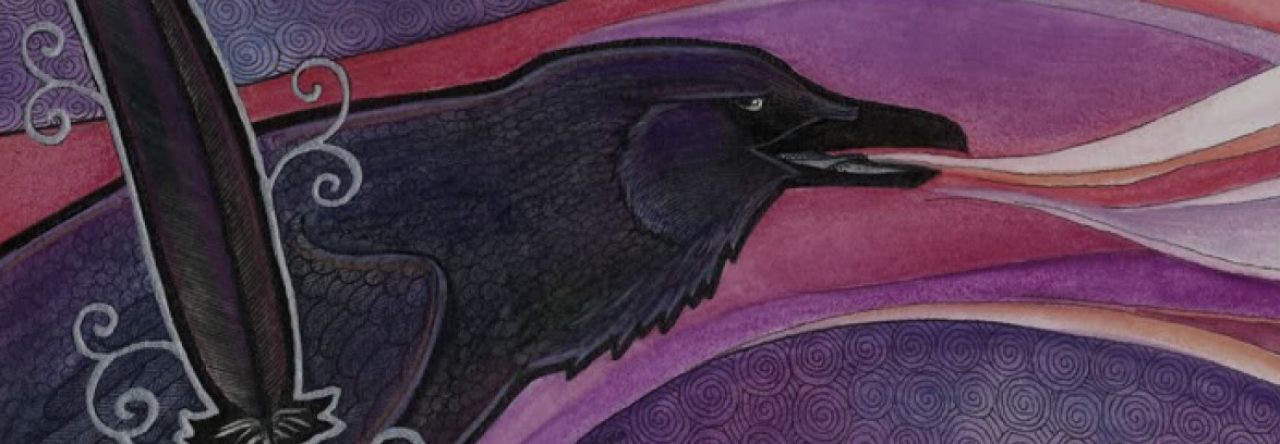Over the past year or so, you’ve been spending a lot of time reading through novels which have been shortlisted for awards and reviewing them. How has the experience of that been? Is there anything you’ve seen that the works tend to have in common? Have you come across works that you’ve been surprised to not see on awards shortlists?
Because my tastes are eclectic I have trouble deciding on the next thing to watch or read. As a result I come up with these insane little projects that, by their nature, remove the need to choose. Cue awards lists. Why should I worry about what to read next when there’s so many genre awards out there willing to do all the work for me. It’s a win / win proposition. I avoid the anxiety of choosing while at the same time reading those novels purported to be the best genre and literary fiction over a given year.
And last year it was fun reading through more than 20 shortlists. I can’t say I gained any great understanding of the type of book that was being nominated, there was no commonality that leapt up and slapped me in the face, but I was exposed to works and ideas I wouldn’t have bothered with in the past. There’s no way I would have picked up Ali Smith’s How To Be Both or Rabih Alameddine’s, An Unnecessary Woman or Karen E Bender’s short story collection Refund if not for my slavish devotion to shortlists. Note the literary bias. If there’s one thing that became clear over 2015 it’s that my tastes have drifted away from core genre. It’s not that I’ve jettisoned genre fiction, but a recognition that I’d rather read books nominated for a Shirley Jackson or Kitschie Award then a Hugo or a Nebula.
This year, though, I made the decision to appreciably cut down the number of shortlists. I realised that while it did reduce my anxiety levels to have other people choose books for me, I didn’t have time to read those handful of novels that I wanted to read. So this year I’ve halved the number of shortlists and I’ll probably cull a few more next year.
I was surprised that that Aurora by Kim Stanley Robinson didn’t feature on more lists. I was certain it would get a Nebula nod. And I was also surprised that Ken Liu’s The Grace of Kings wasn’t nominated for a World Fantasy Award this year. It’s a fantastic book and I’m eagerly looking forward to the sequel due out in a couple of months.
You and Kirstyn McDermott are the co-hosts of The Writer and the Critic podcast, which has also recently launched a Patreon campaign. How has the experience been of creating such a podcast? Do you have any advice for people who want to start their own podcasts or Patreon campaigns?
The experience of creating the podcast has been wonderful, mostly because Kirstyn does all the work. She edits and produces the podcast, she writes the show notes and she also organised the Patreon campaign. The biggest thing I have to do, other than read the books and sound vaguely coherent about them while we’re recording, is make the 135 kilometre trip from my house to hers. It’s now been more than five years and 50 episodes and it’s been a total blast.
Given how little I do I feel a bit silly providing advice. I’m not sure I’d be brave enough, like a Terry Frost, to podcast on my own. So if you have zero technical knowledge but a burning need to tell the world about… I don’t know… your love for all things Rutger Hauer, then find someone with the same Rutger loving passion and then get them to do all the work.
What can we expect from you in the future?
In terms of podcasting, Writer and the Critic will continue for the foreseeable future, which, for our Patreon fans, is probably a relief.
And after a medium-ish hiatus Shooting The Poo – the podcast I host with Dave Hoskin and Mitch – will be back with all new episodes. We have at least three… or is it four… in the can.
Finally, in a bid to force me to read books published this year Jonathan Strahan, James Bradley and I (with sometimes guest Gary K. Wolfe and Nike Sulway) started the Coode Street Roundtable in January. We review one new release novel per episode.
Which Australian work have you loved recently?
A Single Stone by Meg McKinlay is astonishingly good.
Which author (living or dead) would you most like to sit next to on a long plane trip and why?
It has to be Stephen King. I know, I know… boring and predictable, but before Stephen King all I really read was Doctor Who novelisations (Terrance Dicks would be second on my list of people to sit next to). King didn’t just open me up to a world of horror and dark fantasy but also for a deep love of reading – no matter the genre.

This interview is cross-posted to the 2016 Snapshot blog, along with all the other Snapshot interviews.
